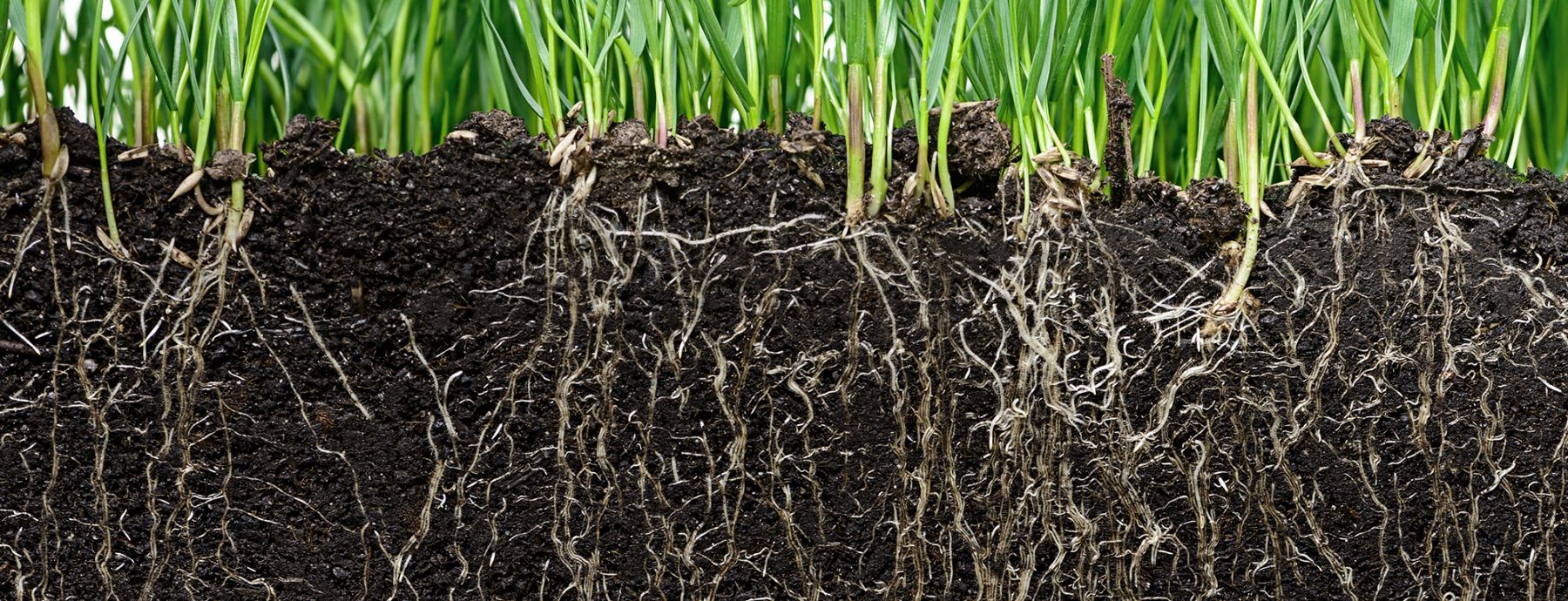The grand challenge of the 21st century is to sustain 10 billion people in a degraded global environment. A central element of that effort will be the development of climate-resilient agroecosystems that can provide food, fiber, and fuel at a reduced environmental cost. Water limitation is the single greatest limit to plant growth and this will worsen in the future because of global climate change. Low soil fertility is a primary barrier to food security in developing nations and in rich nations intensive fertilization is a primary cause of environmental pollution. A better understanding of root function and root health, including root associations with symbionts, will open avenues to create new resilient crops and agroecosystems, and improved management of natural ecosystems, that are urgently needed.

Center for Root and Rhizosphere Biology
Supporting research and training on plant roots and their associated rhizospheres
News
Forty-two graduate students recognized with University awards
Annual awards celebrate graduate students' impact in research, scholarship, teaching, outreach and more.
Researchers working to address agricultural greenhouse gas emissions
On the latest episode of “Growing Impact,” a team of Penn State researchers discusses how their seed grant project aims to address nitrous oxide emissions from the agricultural sector by developing a system for real-time emissions monitoring and reduction.
Ag Sciences research institute SAFES funds projects addressing critical issues
Penn State’s College of Agricultural Sciences, through its Institute for Sustainable Agricultural, Food and Environmental Science, known as SAFES, announced funding awards to accelerate the advancement of its Critical Issues Initiatives. These initiatives serve as the college’s impact hubs, addressing urgent and high-impact challenges through targeted efforts and innovative projects.
News
Forty-two graduate students recognized with University awards
Annual awards celebrate graduate students' impact in research, scholarship, teaching, outreach and more.
Researchers working to address agricultural greenhouse gas emissions
On the latest episode of “Growing Impact,” a team of Penn State researchers discusses how their seed grant project aims to address nitrous oxide emissions from the agricultural sector by developing a system for real-time emissions monitoring and reduction.
Ag Sciences research institute SAFES funds projects addressing critical issues
Penn State’s College of Agricultural Sciences, through its Institute for Sustainable Agricultural, Food and Environmental Science, known as SAFES, announced funding awards to accelerate the advancement of its Critical Issues Initiatives. These initiatives serve as the college’s impact hubs, addressing urgent and high-impact challenges through targeted efforts and innovative projects.
New computer vision system can guide specialty crops monitoring
The technology applies an internet of things and artificial intelligence to enhance controlled environment agriculture in advanced greenhouse scenario.